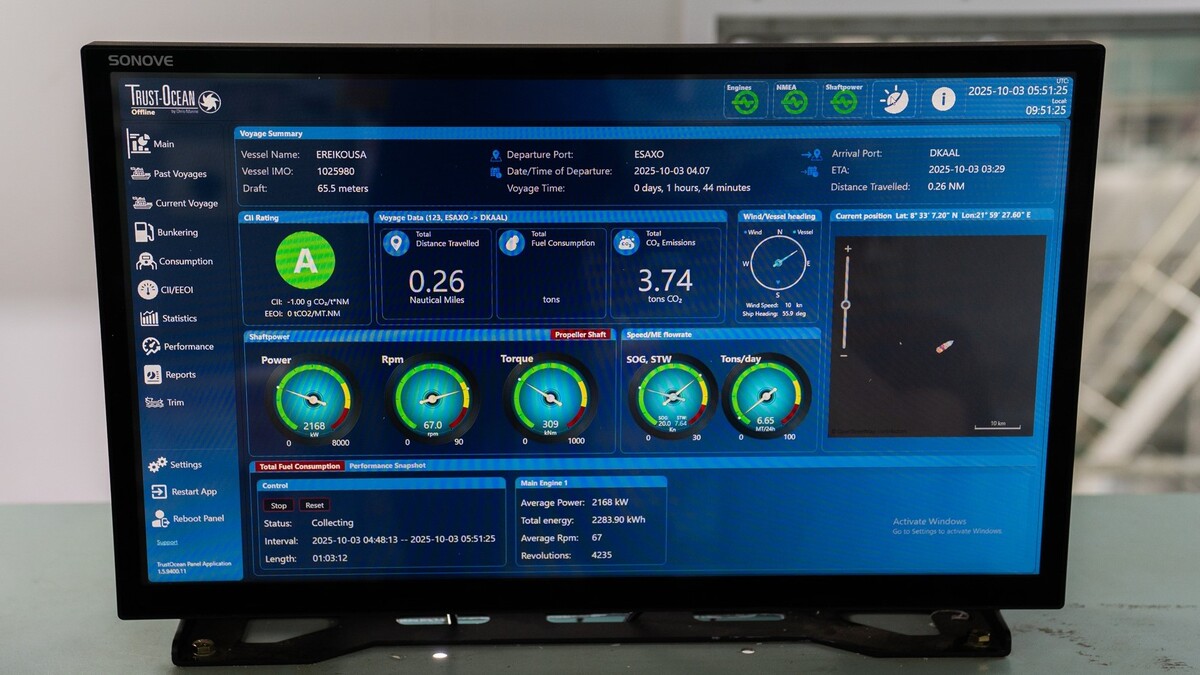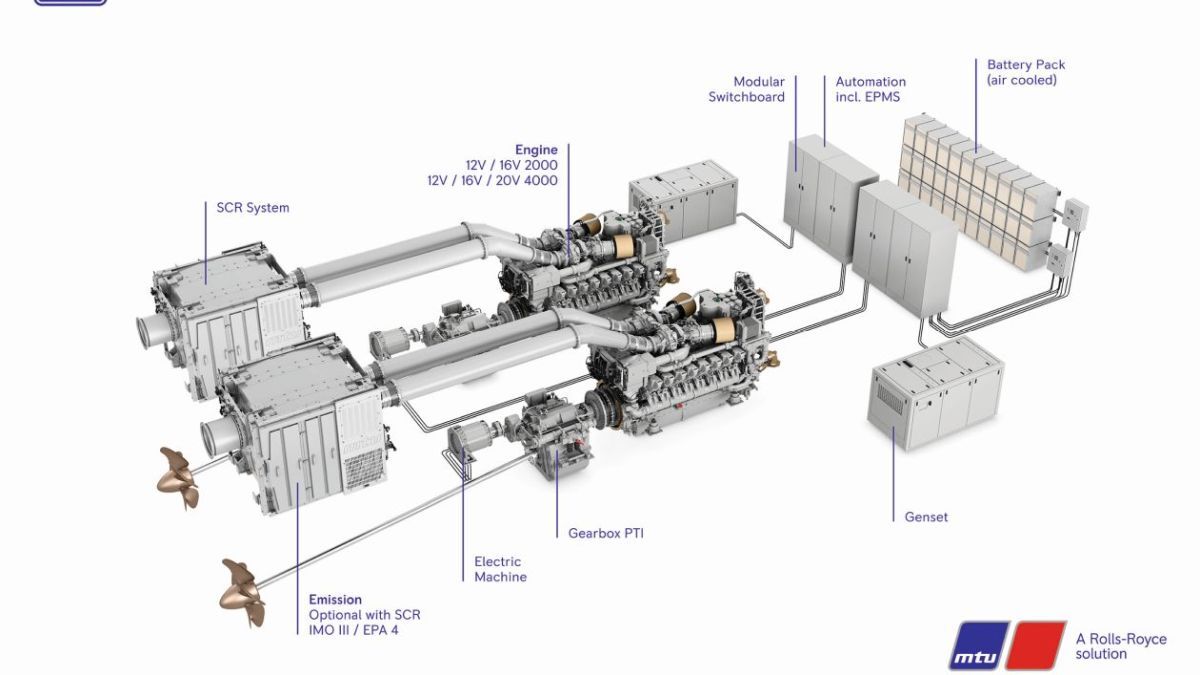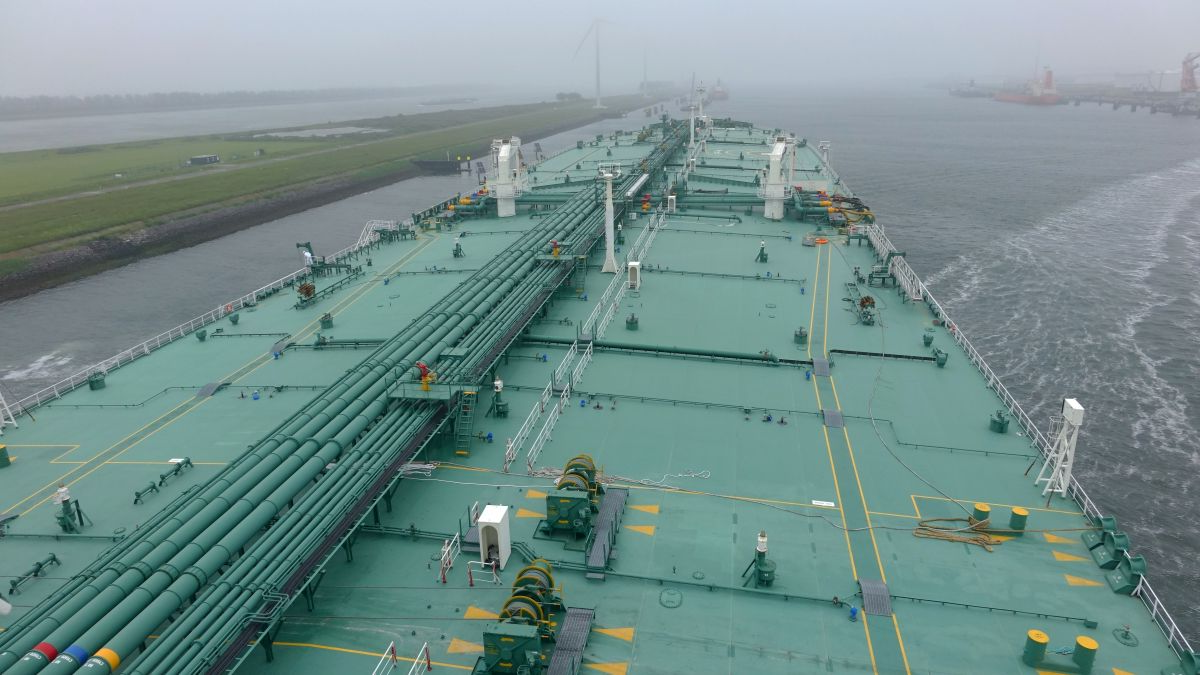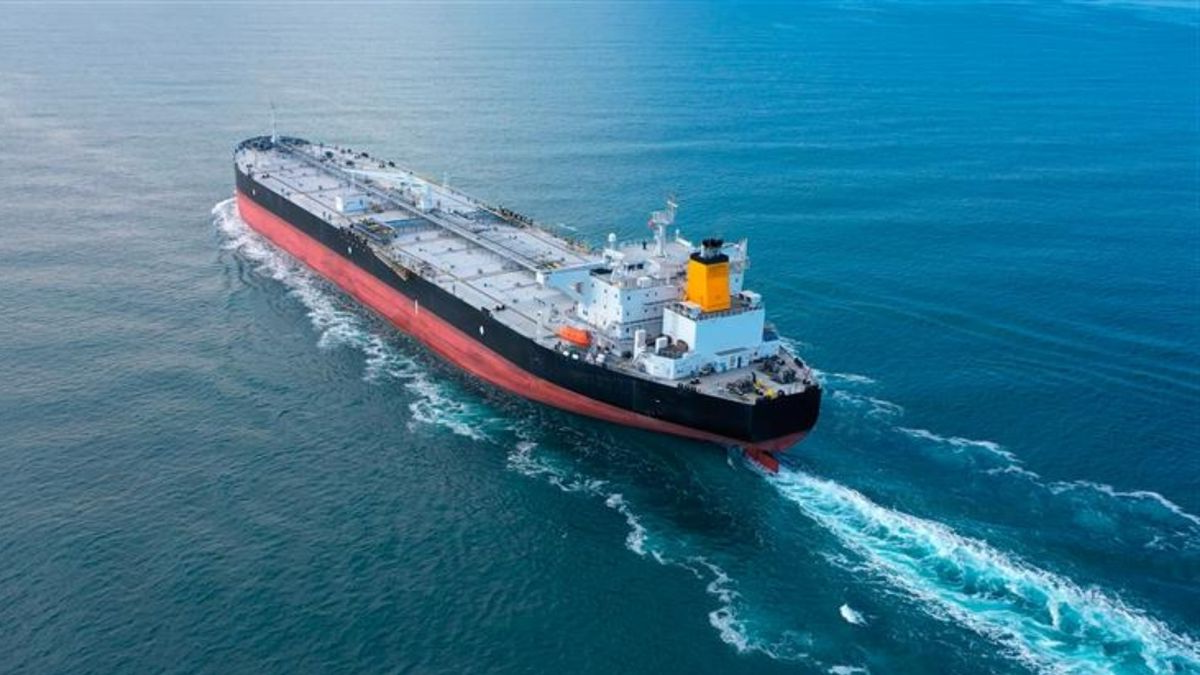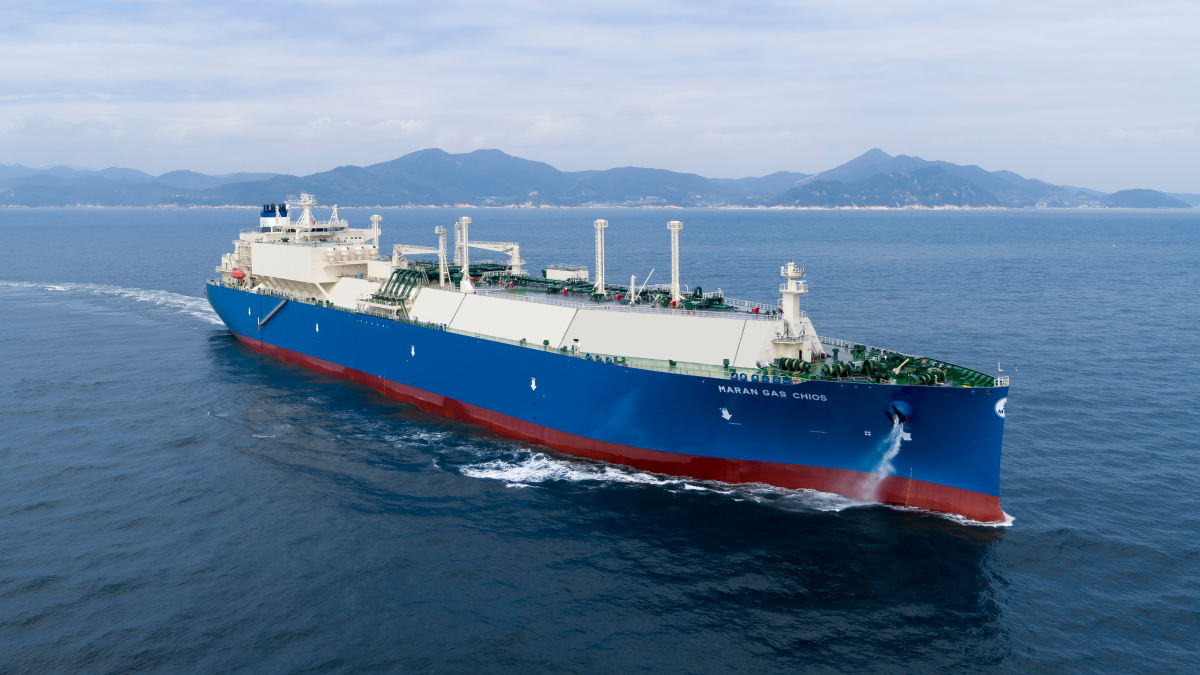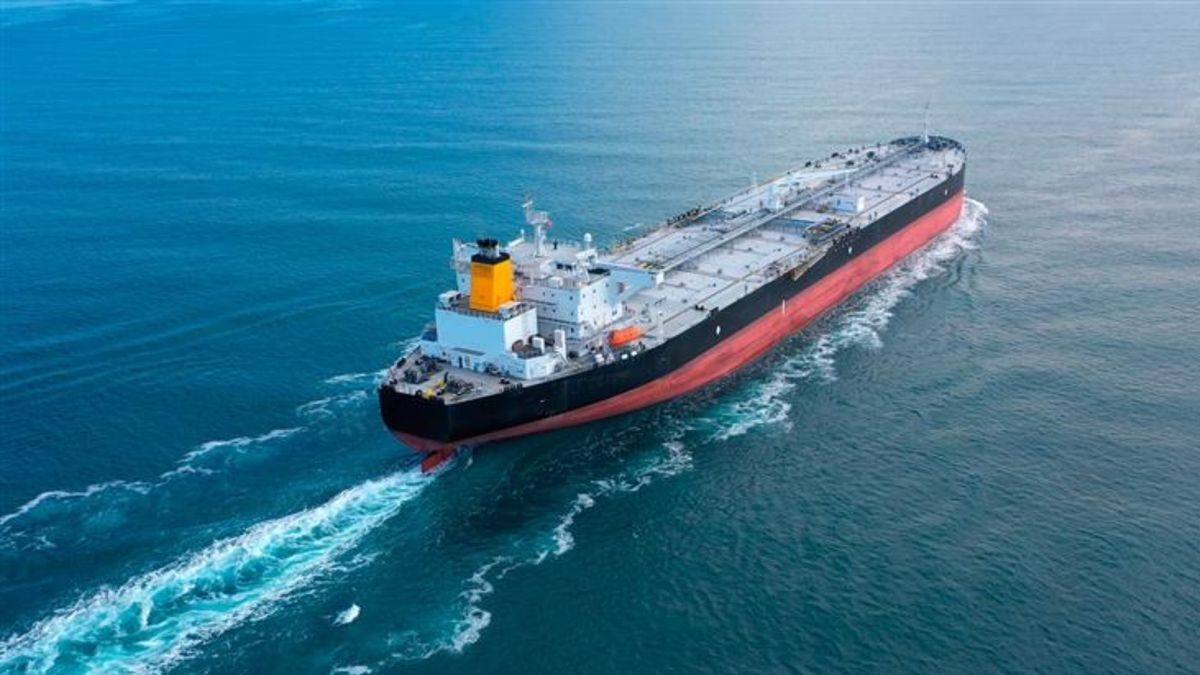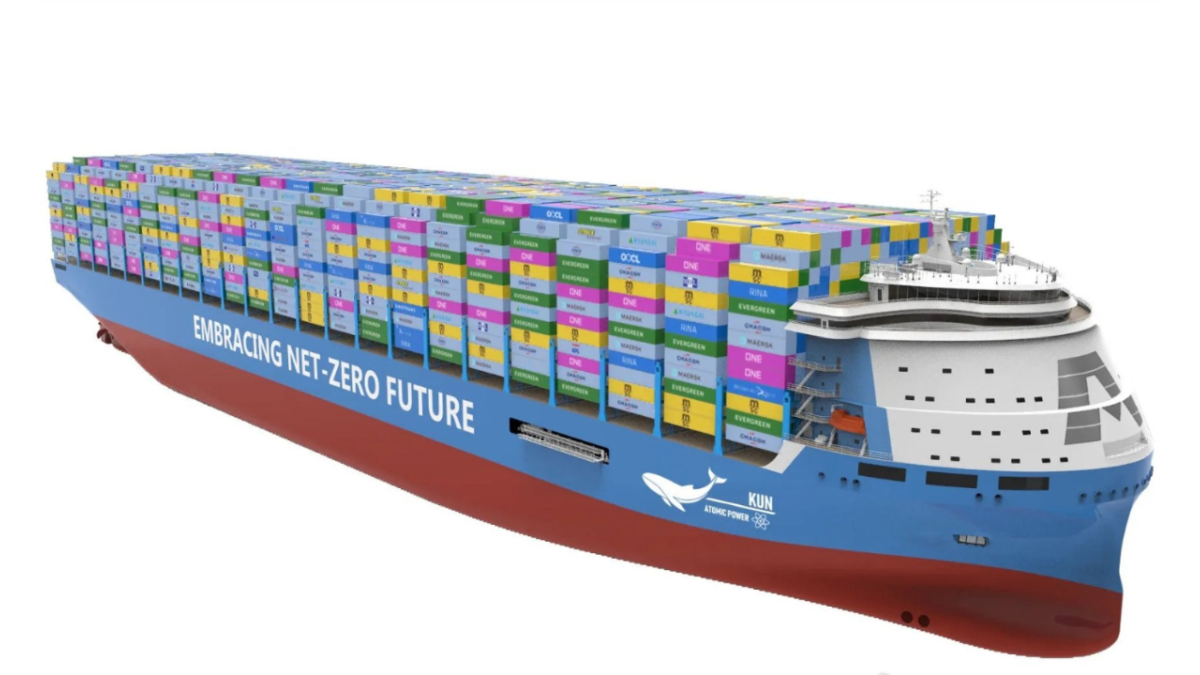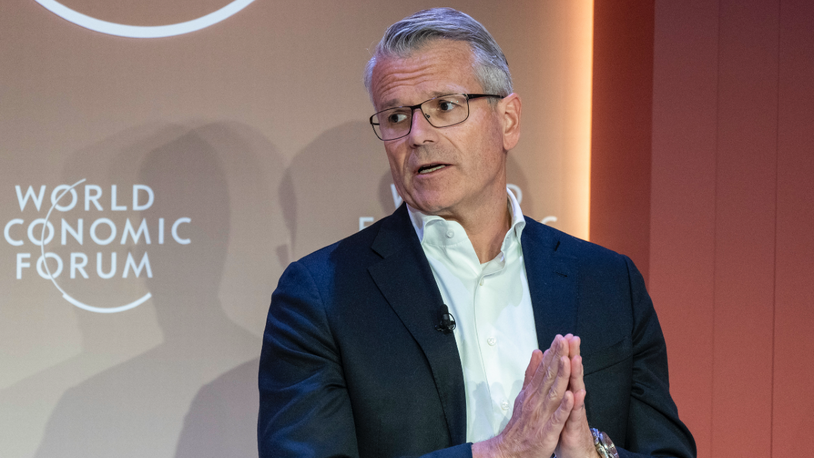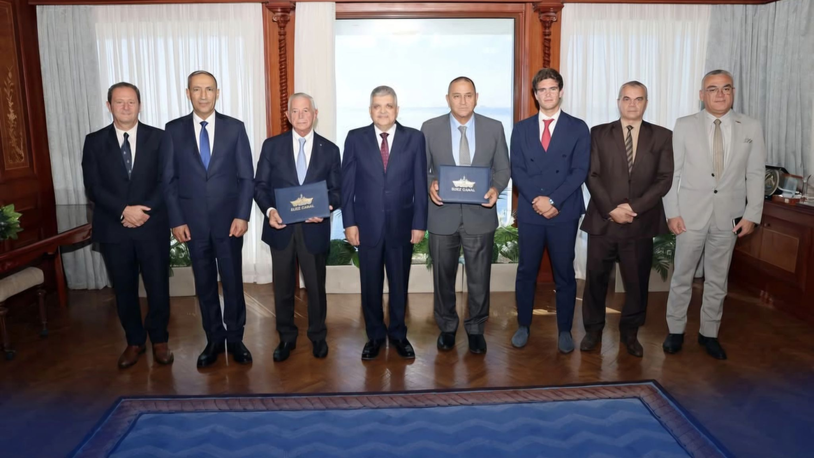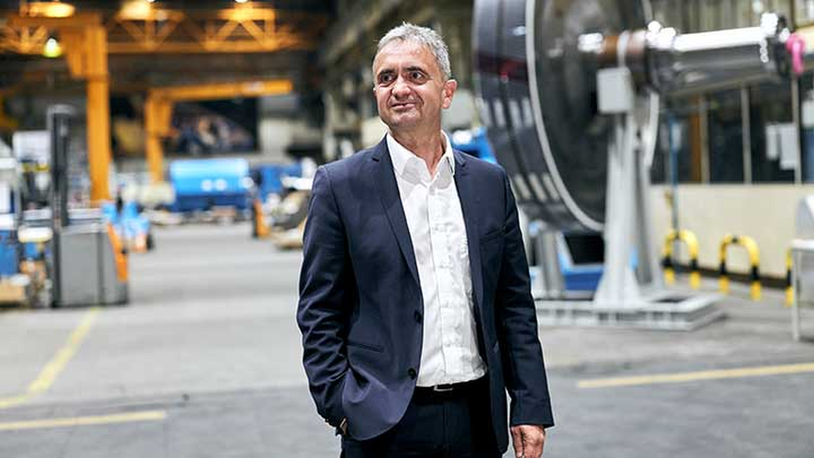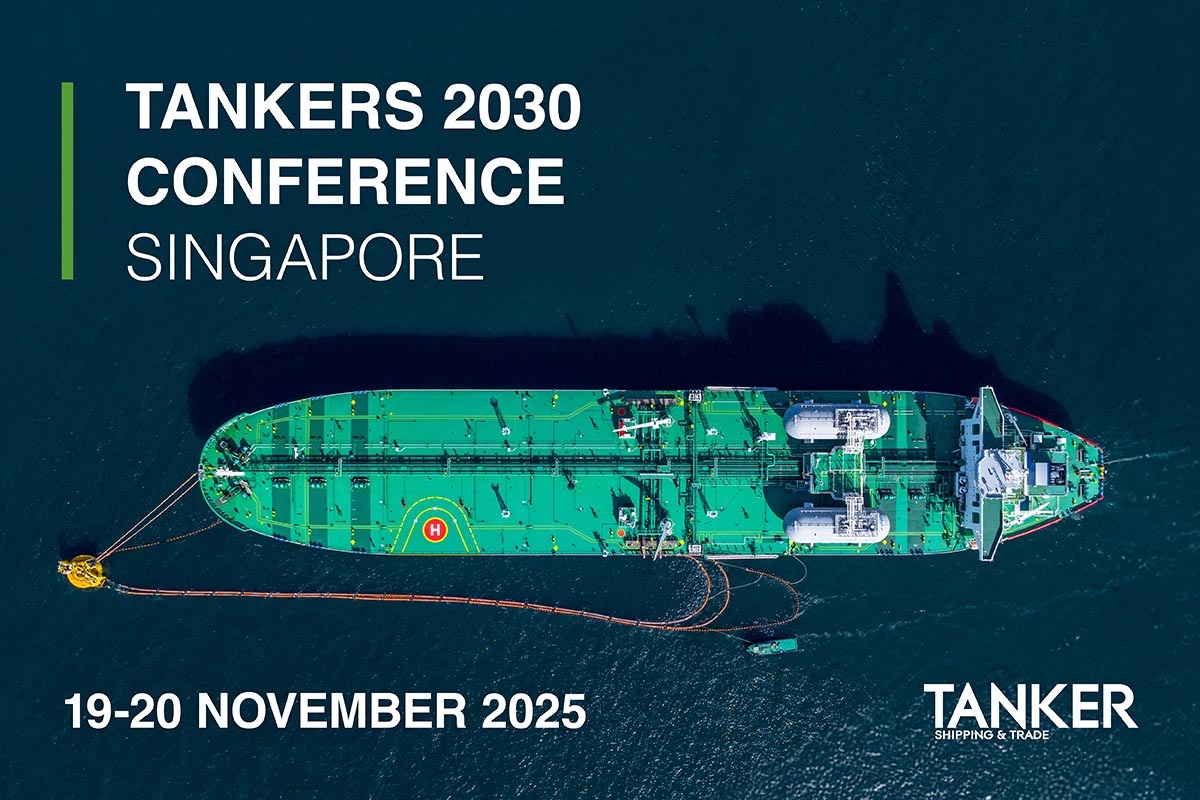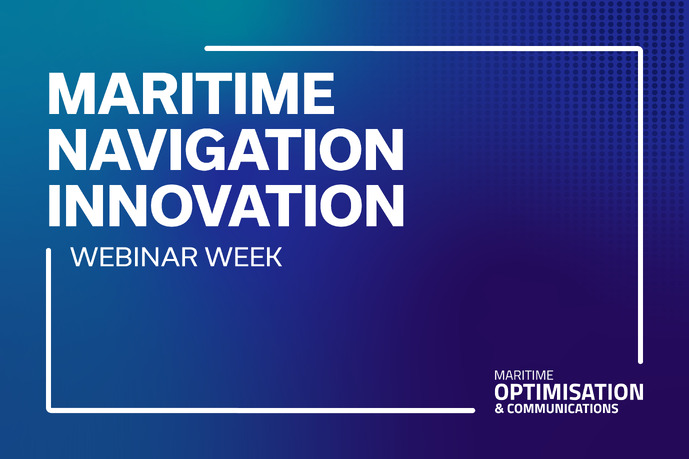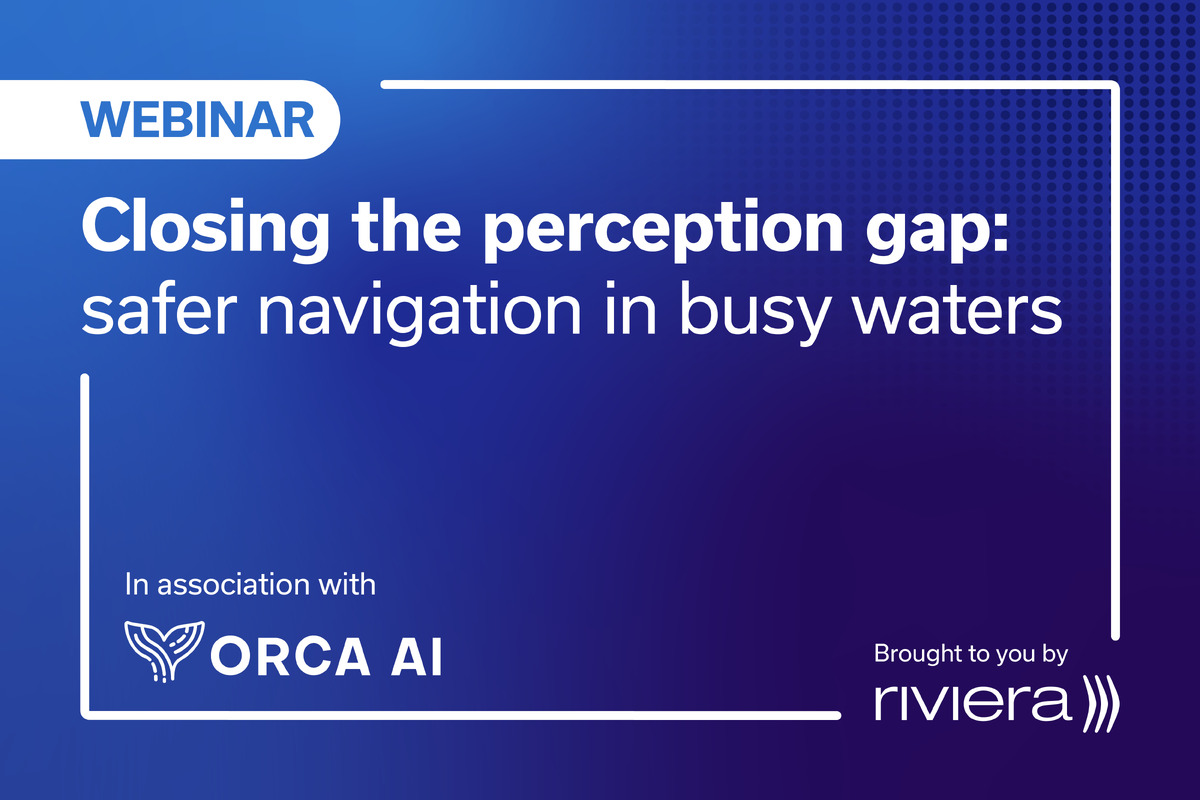Business Sectors
Contents
Register to read more articles.
Rolls-Royce sets its 'architecture for the route to net zero' in 2050
Rolls-Royce unveils new methanol engine, fuel cells and hybrid systems at SMM; is “fully committed to methanol”
Rolls-Royce is launching methanol engines from 2026 – and highlighted its commitment to methanol during a briefing at the SMM maritime trade show in Hamburg.
Discussing the company’s path to reach its commitment to net-zero emissions by 2050, Rolls-Royce global marine vice president Denise Kurtulus said the company will make a significant move to build technology compatible with "sustainable" fuels starting in 2023.
“In 2023, our major [mtu] engine series 2000 and 4000 will be certified and released for sustainable fuels. In 2028, we will have our first fuel-cell application… and by 2050 we want to be net zero," Ms Kurtulus said.
“We have a widespread need for [multiple fuel] technologies and diesel will play a major role in that... so we are working in four major dimensions, and the infrastructure needs to support that approach.”
Rolls-Royce’s mtu Hybrid PropulsionPack for its series 2000 and 4000 engines that will become available from next year will combine diesel engines with electric propulsion modules, batteries, gear boxes and control and monitoring systems.
Ms Kurtulus said these systems “will set the architecture for the route to net zero.”
From 2026, methanol engines based on the mtu series 4000 will be launched, aimed at sectors including fast ferries, coastal shipping, yachts and tugs. Ms Kurtulus said, “We are fully committed as Rolls-Royce to methanol. We did a lot of research in the past year, and we don’t see hydrogen for the power range we are in as a solution.”
Rolls-Royce director technology, strategy and regulatory affairs Daniel Chatterjee told the audience at SMM, “There will not be one fuel, which is a challenge for all of us, but different fuel options.”
Singling out methanol, he said, “We believe methanol is a kind of sweet spot.”
Explaining why, he said the energy density is high compared with other sustainable fuels and added, “It’s a liquid fuel to handle, we have the infrastructure, it is traded globally already, the technology is there and it can be produced from green hydrogen and even from fuel cells. It is also a low-flashpoint fuel”.
From 2028, Roll-Royce will launch its mtu fuel-cell systems for main propulsion and onboard power generation.
Rolls-Royce further develops mtu Series 1163 and 8000
Rolls-Royce has also announced during SMM that it will bring its large marine engines in the mtu 1163 and 8000 series into line with IMO’s Tier III emissions directive.
"From 2025, the engines are to be available in all cylinder variants – 16 and 20V respectively – in the power range between 4,800 and 10,000 KW. They will allow entry into Emission Control Areas in the Baltic and North Seas and off the North American coast," the company said.
Rolls-Royce also said it is developing the necessary exhaust gas aftertreatment and SCR system to ensure it works "precisely" with mtu engines and meets customer requirements.
The company said it is aiming to become an IMO emissions certificate holder, which would significantly reduce the workload for shipyard customers. The engines are to be approved for operation with sustainable fuels (EN15940, eg HVO) during the course of 2025.
According to Rolls-Royce, "The most important change compared with the previous engines for IMO II is the new exhaust gas aftertreatment, the core component of which is an SCR system in which nitrogen oxide emissions are reduced by 75% compared with the IMO II limits. It is a closed system in which the emissions upstream and downstream of the SCR system are continuously measured. This ensures optimal and compliant operation of the exhaust gas aftertreatment system."
Riviera Maritime Media will provide free technical and operational webinars in 2022. Sign up to attend on our events page
Related to this Story
Events
International Bulk Shipping Conference 2025
Tankers 2030 Conference
Maritime Navigation Innovation Webinar Week
© 2024 Riviera Maritime Media Ltd.

